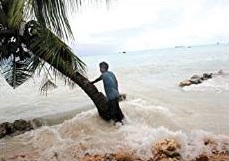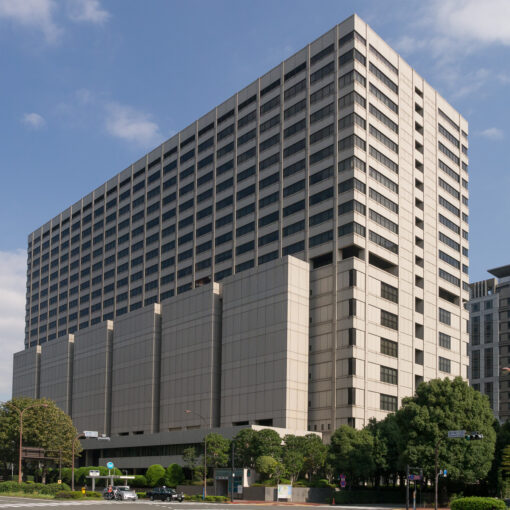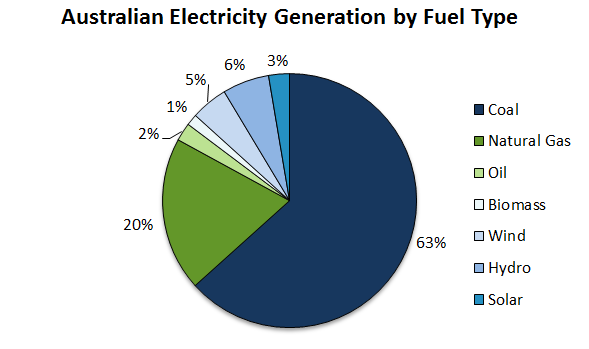 By Michael Burger
By Michael Burger
Executive Director
This past weekend the Italian coast guard reported saving some 3,700 people at sea on a smuggler’s boat. This was but one boatload of the more 30,000 people who have fled Libya this year and attempted to migrate across the Mediterranean to Italy. An estimated 1,750 people have died along the way. The situation is dire; the stories are tragic. But it is tiny compared to what we will see in coming decades, when hundreds of millions of people are expected to lose their homes, their communities, even their national homelands to sea level rise, desertification and other climate change impacts.
As with the Libyan migrants, the international community is not prepared to deal with the realities of climate displacement. There appears to be little understanding, far less agreement, as to how to resolve the profound questions climate displacement raises: Where will these people go? Who will take them in, and how many of them? What will they do when they get there? What rights will they retain? What rights will they enjoy? What will their citizenship be? The issue has arisen in UNFCCC negotiations, where it has been grouped with other contentious issues under the umbrella of loss-and-damage. Yet, even as anticipation builds for a grand agreement in Paris, there is little expectation that leaders will hash this out.
But perhaps there is another way to force the issue.
Next week, on Monday, May 11, the United States will undergo its second Universal Periodic Review (UPR), in Geneva, Switzerland. The UPR is a three-hour event, once every five years, where members of the United Nations Human Rights Council ask questions and make recommendations related to the government’s human rights performance. The gathering in Geneva is the culmination of months of U.S. State Department outreach, including several civil society forums. It is also the culmination of months of human rights groups’ lobbying efforts – armed with fact sheets and one-pagers, groups seek to persuade foreign missions to ask specific questions and make specific recommendations during the brief minute each country is given in Geneva. A successful lobbying effort produces a visible result: If a question is asked, or a recommendation made, the U.S. has to respond in a written report. If the U.S. accepts a recommendation, it has to follow through on it. If it rejects it, no specific action is required, but the government’s position is on the record.
As part of this year’s UPR we at the Sabin Center have been advocating for the U.S. to demonstrate leadership on international climate displacement. In February we submitted this letter describing the human rights and humanitarian concerns associated with climate change-induced displacement to the State Department, and since then we have met with several representatives from small island developing states and other countries at risk of inundation from sea level rise, offering them our own one-pager, along with an in-person pitch.
The ask is simple: Recommend that the U.S. support a climate displacement coordination facility in the current round of UNFCCC negotiations, or else that the U.S. initiate a separate negotiation, inside or outside the context of the UNFCCC, that will find answers to the difficult questions of climate displacement. The goal is to encourage the international community to take seriously a foreseeable global humanitarian and human rights crisis, a crisis projected to be a few orders of magnitude larger than the current one in the Mediterranean, and to develop a plan to manage it.
Further reading: Legal scholars meaningfully debate the merits of treating climate displacement under existing human rights law or the International Convention on the Protection of Refugees. Professor Katrina Wyman’s excellent study is available here. One of Professor Maxine Burkett’s several works on the issue is here. Threatened Island Nations: Legal Issues Of Rising Seas and a Changing Climate, a comprehensive volume edited by Sabin Center Faculty Director Michael Gerrard, is available for purchase here. In addition, several advocacy groups—the Mary Robinson Foundation, CIEL, and Earthjustice, among others—have made linking climate change and human rights a core focus.



